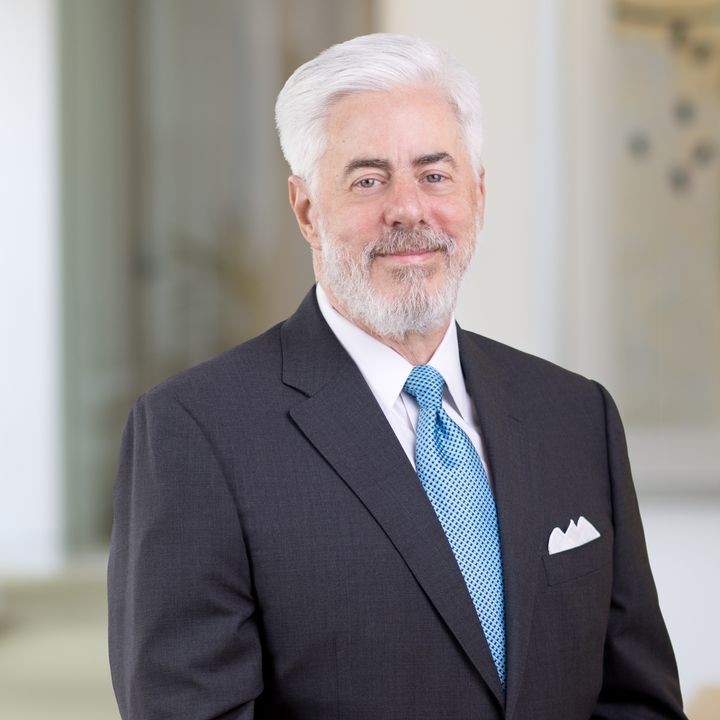About Face! Florida Supreme Court Adopts Daubert Standard— Seven Months After Rejecting It
Client Alert | 2 min read | 05.29.19
In a surprise reversal, the Florida Supreme Court last week adopted the state legislature’s 2017 “Daubert amendments,” replacing Frye with Daubert as the test for admissibility of expert testimony in the state’s trial courts.1 The decision comes just seven months after the court rejected the Daubert amendments as unconstitutional in DeLisle v. Crane Co.2 The switch is effective immediately.
When we wrote in our October 22, 2018 client alert that “the debate [in Florida] has come to an apparent end with the decision in DeLisle,”3 little did we know how much the word “apparent” would matter. DeLisle was the “proper case or controversy” the Court had insisted was necessary to address the constitutional concerns it had raised about Daubert in a 2017 per curiam order.4 DeLisle held that the Daubert amendments were procedural, not substantive; as such, they could be enacted only by the Court itself.5 The Court declined to do so. “With our decision today,” said the Court, “we reaffirm that Frye, not Daubert, is the appropriate test in Florida courts.”6
But in its May 23 decision, the Court adopted, “according to its exclusive rulemaking authority,”7 the very same amendments it had rejected last October. Now, said the Court, “the ‘grave constitutional concerns’ raised by those who oppose the amendments to the Code appear unfounded[.]”8 Briefly addressing the merits of the two admissibility standards, the Court added that “the Daubert amendments remedy deficiencies of the Frye standard,” “will create consistency between the state and federal courts,” and will “help lessen forum shopping.”9
What changed in seven months? The composition of the Court. Since DeLisle, three of the judges in the 4-3 majority have retired. “Without now readdressing the correctness of this Court’s ruling in DeLisle…,”10 the three dissenters joined two new judges to form the majority in the May 23 per curiam order.
Have we reached the end of the long and winding road to Daubert in Florida? Perhaps. But the Court left an opening once more: “[W]e do not decide, in this rules case, the constitutional or other substantive concerns that have been raised about the amendments. Those issues must be left for a proper case or controversy.”11
1 In re: Amendments to the Florida Evidence Code (May 23, 2019).
5 DeLisle, slip op. at 7.
2 No. SC16-2182 (October 15, 2018).
3 Client Alert, “Florida Supreme Court Rebuffs Legislature’s Mandate to Adopt Daubert Standard,” October 22, 2018.
4 In re Amendments to the Florida Evidence Code, Order at 9 (Feb. 16, 2017).
6 Id. at 19.
7 In re: Amendments to the Florida Evidence Code, Order at 1 (May 23, 2019).
8 Id. at 2.
9 Id. at 6.
10 Id. at 2.
11 Id. at 5.
Contacts
Insights
Client Alert | 3 min read | 04.01.25
D.C. Circuit Rejects Copyrightability of Artwork Created Autonomously by AI
In a unanimous opinion issued by the D.C. Circuit on March 18, 2025, the Court of Appeals affirmed denial of Dr. Stephen Thaler’s application to register a copyright protection for a work created by his generative artificial intelligence system, holding that the Copyright Act requires human authorship.
Client Alert | 2 min read | 04.01.25
Client Alert | 4 min read | 04.01.25
For Better or MORSE: Another Settlement Under DOJ’s Civil Cyber-Fraud Initiative
Client Alert | 4 min read | 04.01.25
Hatch-Waxman PTE for Reissue Patents Should Be Calculated From the Original Patent’s Issue Date



